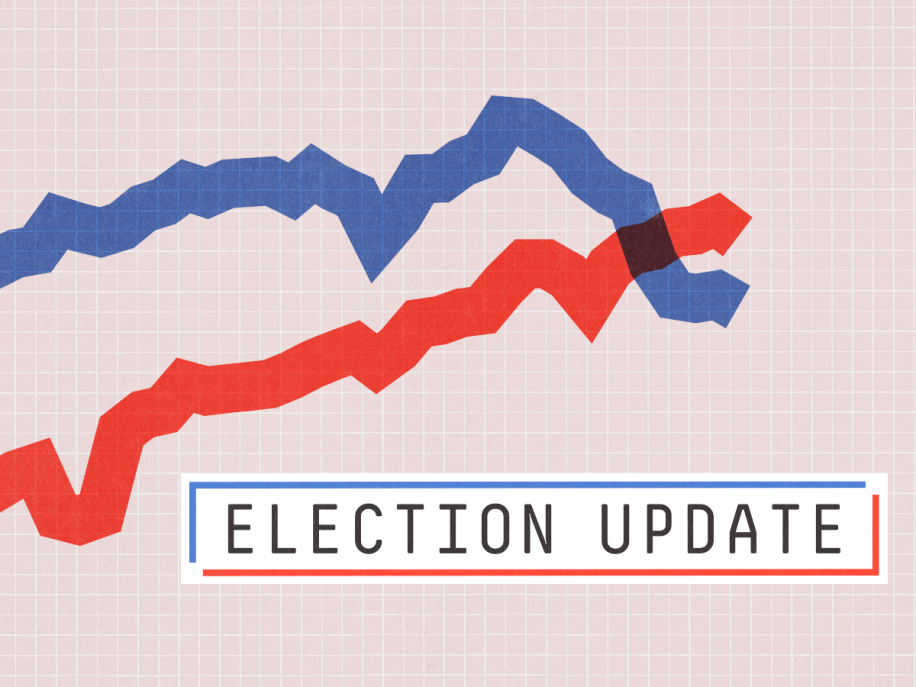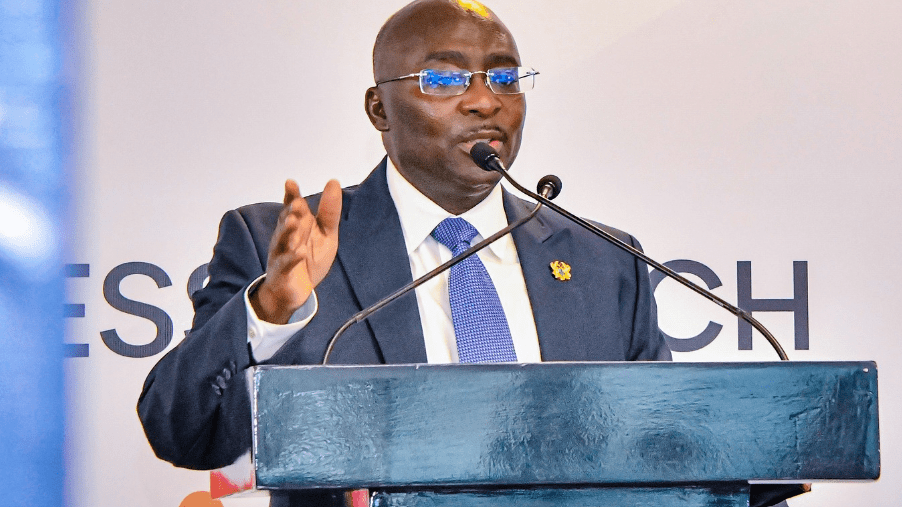A recent poll by Global InfoAnalytics highlighted growing voter dissatisfaction with President Nana Akufo-Addo’s leadership.
The survey showed a significant decline in the President’s approval rating compared to the previous week.
Currently, only 28% of respondents approve of his performance, while a striking 65% express disapproval, reflecting increasing frustration among the electorate.
“The poll shows that with the exception of NPP voters, all other party affiliates disapprove of the president.
“The poll also shows that majority of voters in all the regions except Ashanti and North East region approve of the job performance of the president”.
Global InfoAnalytics
The latest poll results also revealed varied regional opinions on President Akufo-Addo’s performance.
The polls indicated that in the Ashanti region, a stronghold for the president, 54% of voters approve of his job performance, while 38% disapprove, showing majority support despite some opposition.
On the other hand, in the North East, 50% of respondents approve, with 35% disapproving.
According to the survey, in the Central region, a key swing area, 55% disapprove of the president’s performance, and only 37% approve, signaling potential shifts in voter sentiment.
The Western region reflected a similar trend, with 61% disapproval and 33% approval.
In the Greater Accra region, the disapproval rate rises sharply, with 68% of voters expressing dissatisfaction, while only 29% approve.
These figures underscore the challenges the president faces in winning broad regional support. “62% of voters believe Ghana is headed in the wrong direction, 27% say it is headed in the right direction and 11% have no opinion”.

The poll further showed that John Dramani Mahama, leader of the main opposition, is maintaining a solid lead in the race to succeed President Akufo-Addo in 2025.
Mahama holds 52% support, placing him well ahead of Vice President Dr. Mahamudu Bawumia, who has 41.3%.
Alan Kyerematen and Nana K. Bediako trail with 2.3% and 4.1%, respectively, while other candidates receive a combined 0.4% support.
According to the polls, Kyerematen has seen notable gains during this polling period, especially in the Akan regions, where his support has increased.
This rise in popularity for Kyerematen in key regions could signal shifting dynamics in the race, although Mahama remains the clear frontrunner.
Dr. Bawumia Declines Among Floating Voters
Furthermore, the poll revealed a significant decline in support for Dr. Bawumia among floating voters, who tend to decide elections.
Currently, only 11% of these undecided voters support him, while a commanding 69% favor John Mahama.
According to the survey, Nana Bediako receives backing from 13% of floating voters, and Alan Kyerematen has support from 6%, reflecting limited appeal among this crucial voter segment.
The polls indicated that John Mahama also holds a substantial lead among first-time voters, capturing 64% of their support.

Dr. Bawumia follows with 33%, while Nana Bediako garners only 3%. These numbers underscore Mahama’s strong position with both undecided and new voters, key demographics in the upcoming election.
“In the swing regions of Central, Western, and Greater Accra, JDM leads with 59.4%, DMB, 33.8%, AKK, with 2.4%, NKB, 4.3%, and others with 0.1%. Compared to the previous week, JDM is up 5.5 percentage points while the rest lost ground.
“Dr. Mahamudu Bawumia leads in three (3) out of the sixteen (16) regions while John Mahama currently leads in thirteen regions (13)”.
Global InfoAnalytics
The Global InfoAnalytics poll further underscored the economy, jobs, and education as the top issues for voters as the election approaches.
Concern over the economy remains high, with 75% of respondents listing it as a key priority.
Jobs follow closely at 69%, reflecting widespread unease over employment opportunities. Notably, education has seen an increase in voter concern, rising from 46% to nearly 52%, indicating growing attention to educational issues among the electorate.
The poll also provided insights into voters’ personal economic outlook. A majority, 51%, said their financial situation has worsened compared to last year, pointing to dissatisfaction with economic management.
Meanwhile, 21% of voters reported no change in their economic status, and only 28% feel their conditions have improved, suggesting a largely pessimistic view of current economic conditions.
When it comes to voter commitment, 82% indicated they are resolute in their choice of candidate, signaling limited room for shifting support.
However, 9% indicated they might still reconsider their decision, and 7% remained neutral, showing there is still a narrow window for candidates to sway undecided or changeable voters.



















